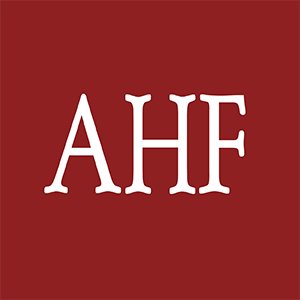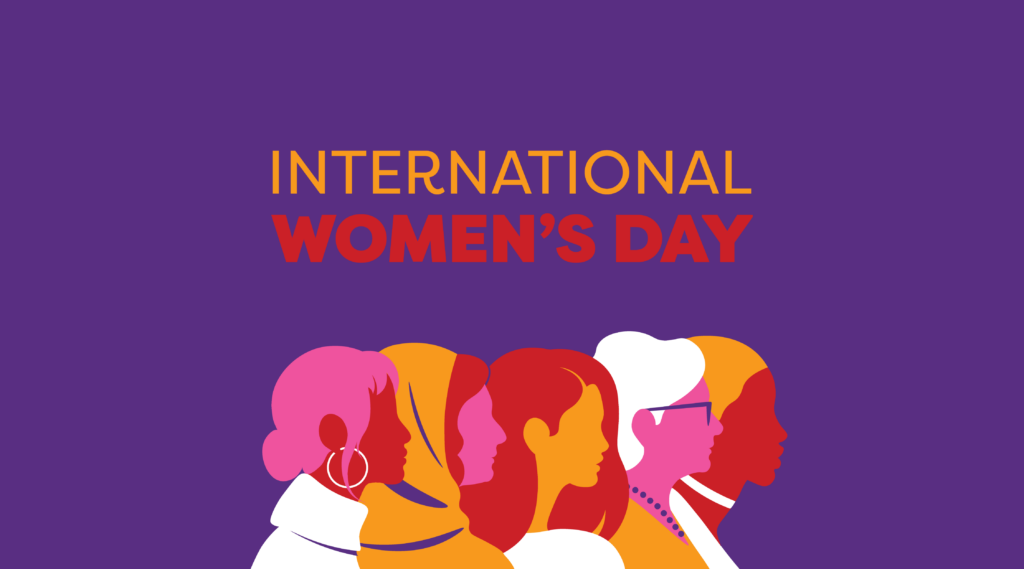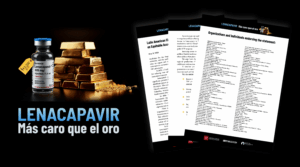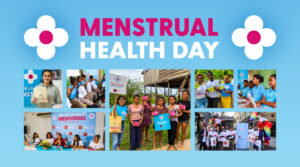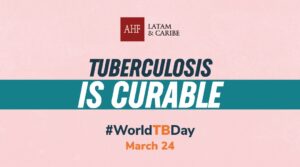On International Women’s Day 2025, AIDS Healthcare Foundation (AHF) issues an urgent call to action to reduce gender inequality and its impact on the health of women and girls in Latin America and the Caribbean.
Despite decades of progress, women and girls still account for 44% of all new HIV transmissions worldwide. This alarming figure highlights how gender-based violence, restrictions on reproductive rights, lack of access to healthcare services, economic inequality, and limited educational opportunities continue to deepen disparities.
Limited access to menstrual hygiene products and comprehensive sexual and reproductive health education further exacerbates the vulnerability of millions of women, affecting their dignity, mobility, and opportunities for development. The absence of these essential resources not only impacts their physical well-being but also limits their ability to access education and employment, perpetuating a cycle of poverty and exclusion.
In Latin America and the Caribbean, the situation becomes even more critical due to high rates of adolescent pregnancies and sexual violence. The region has the second-highest rate of teenage pregnancies globally, with approximately 1.6 million young women aged 15 to 19 giving birth each year. Many lack access to information and contraceptive methods, underscoring the urgent need to strengthen sexual education and healthcare services to prevent unplanned pregnancies and new HIV infections.
“Women and girls deserve the power, knowledge, and resources to take control of their health, futures, and lives,” said Loretta Wong, AHF’s Deputy Chief of Global Advocacy and Policy. “Real change requires more than words—it demands concrete commitments, including expanding access to HIV prevention and treatment, sexual and reproductive healthcare services, and economic empowerment. On this International Women’s Day, AHF reaffirms its promise to ensure that no woman or girl is left behind.”
AIDS Healthcare Foundation provides free sexual health services, including screening and treatment for sexually transmitted infections (STIs), including HIV. Learn more about the foundation’s sites and services in 12 countries across Latin America and 17 cities in the United States.
